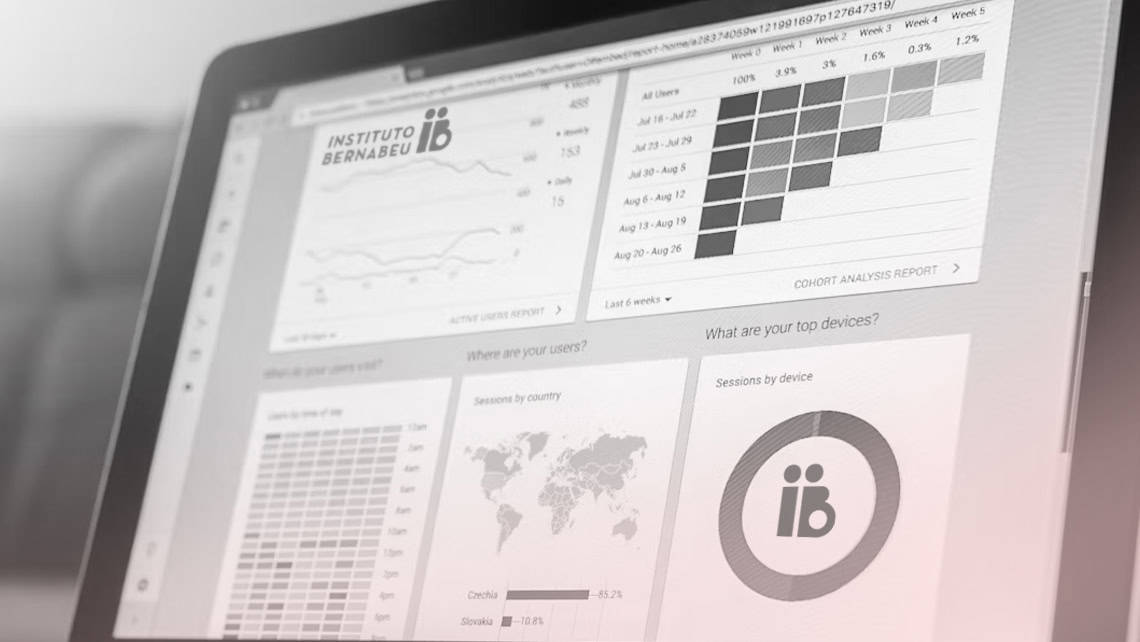Instituto Bernabeu improves its IVF treatment success rates
August, 1st 2024

- In oocyte donation, the cumulative success rate is close to 91% and stands at 63% for the first transfer
- The success rate for IVF treatments has increased particularly for women over 40 and under 35 years of age, compared to 2021
- For patients who resort to the adoption of frozen embryos, the chances of successful treatment are more than 54%
Instituto Bernabeu, which is about to celebrate its 40th anniversary, has published an update of the success statistics for the different assisted reproduction treatments carried out in its 9 clinics, which exceed the average for Spain. These percentages demonstrate the group’s effort to be transparent.
With regard to in vitro fertilisation (IVF), Instituto Bernabeu has improved its results with respect to 2021, placing the chances of success with cumulative transfers in patients under 35 years of age at 89.3%. In this group, the success rate exceeds 51% with the first transfer. In patients over 40 years of age, the percentage stands at 33.3%, almost 6 points higher than in 2021.
In treatments with oocyte donation, the chances of success were 90.7% for more than two transfers and 63% for the first one. In addition, 100% of the transfers were carried out at the blastocyst stage.
With regard to the adoption of frozen embryos, that is, those that come from previous cycles and that have been donated by their parents at the end of their treatment, the success rate is 54.1%.
Instituto Bernabeu thus consolidates its position as a reference centre, but it should be noted that these statistics show global data that cannot be applied to a specific case, so it is always necessary to bear in mind the need to individualise the prognosis.
The data and results of Instituto Bernabeu are entered in the Registry of the Spanish Fertility Society (SEF in Spanish). Likewise, the external quality controls of the assisted reproduction laboratories are carried out by the Association for the Study of Reproductive Biology (ASEBIR). All of this is endorsed and certified by the Spanish National Accreditation Body (ENAC). In addition, our Quality Management System (QMS) is audited by the external companies LGAI Technological Center, S.A. (Applus+) and SEP Institute.
You can consult the complete statistics by clicking here.
